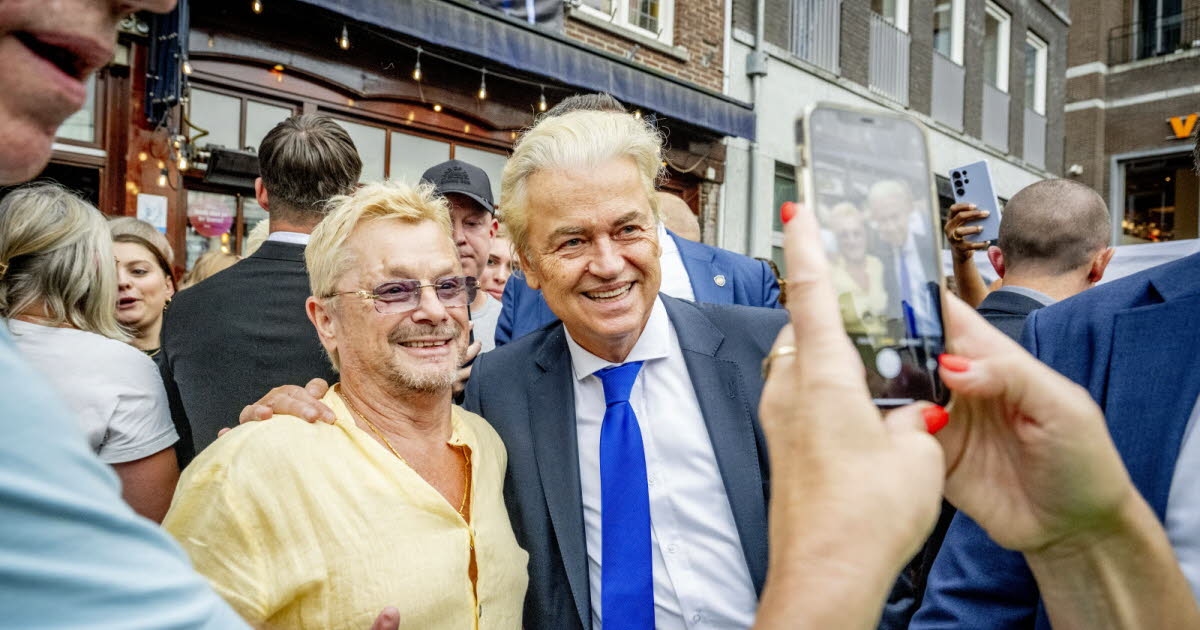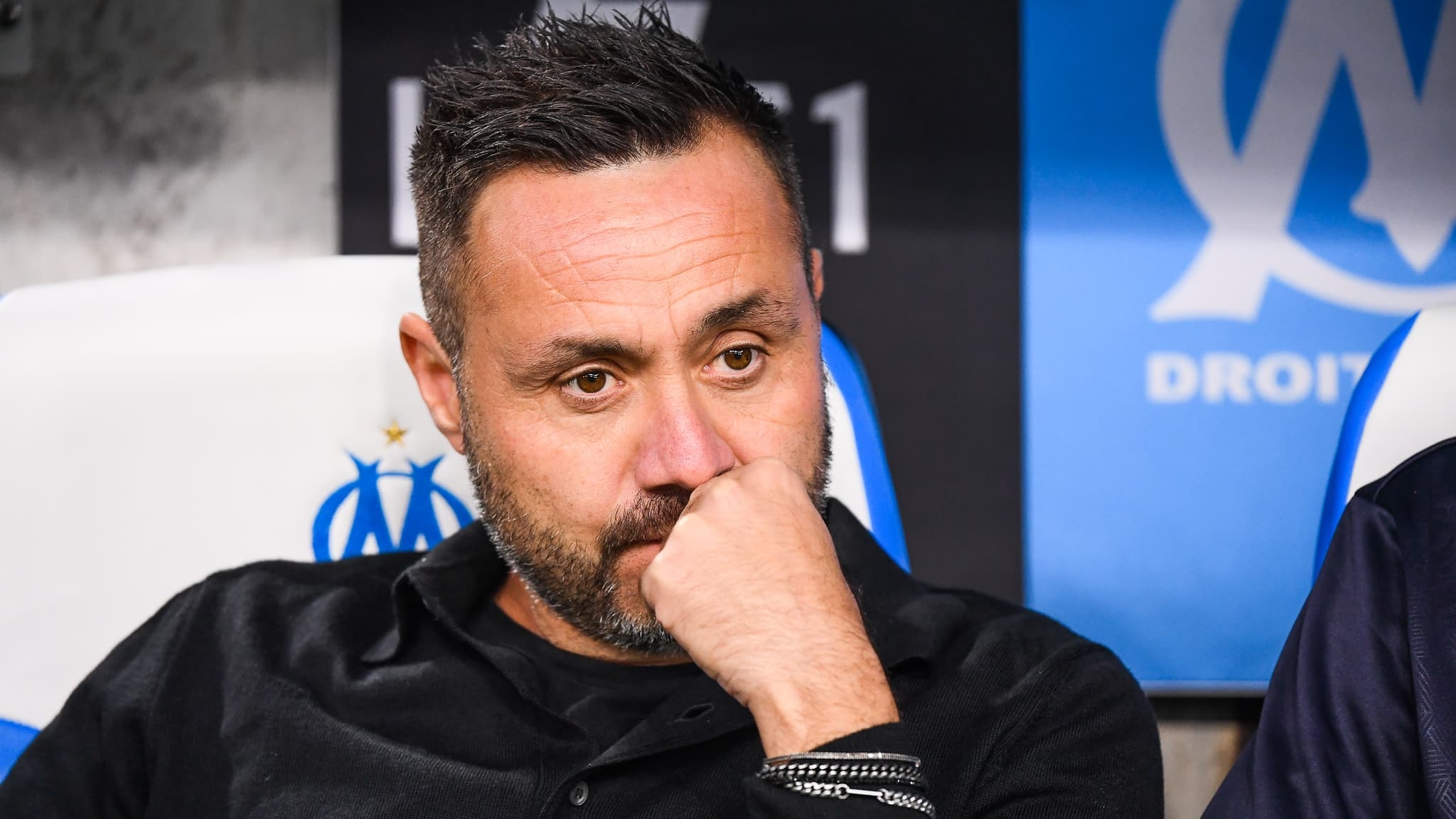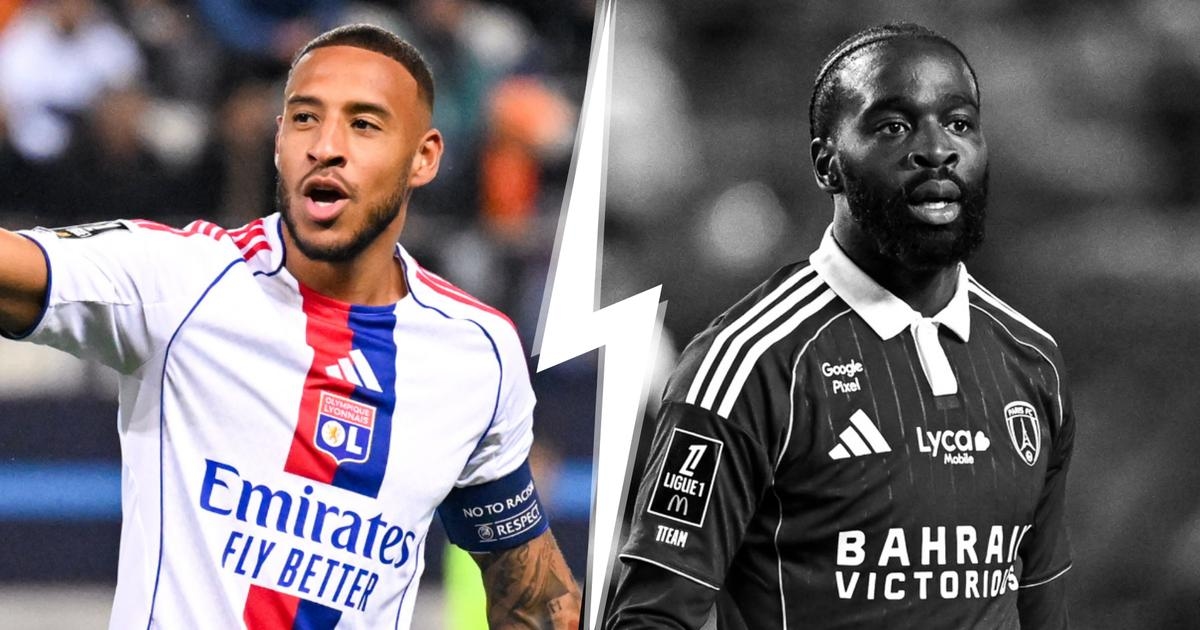Netherlands. Legislative elections: The Dutch go to the polls this Wednesday, after a campaign led by the far right

Geert Wilders' anti-Europe, anti-Islam party is once again leading the polls for this Wednesday's Dutch snap parliamentary elections. Unlike in 2023, no one is ready to form a coalition with the party that brought down the government but continues to set the tone of the campaign.
Two years after the political earthquake of 2023 , which saw Geert Wilders' far-right party win the parliamentary elections, Dutch voters return to the polls this Wednesday. The Party for Freedom (PVV) is somewhat weakened but is once again leading the polls, this time with virtually no chance of returning to government. The party has become untouchable since it shattered the motley ruling coalition. It took seven months of negotiations to reach a governing agreement between the PVV and its occasional allies, a liberal-conservative party, a centrist party, and a rural citizens' movement that surprised everyone by winning the 2023 provincial elections.
Geert Wilders remained outside the government, but several PVV ministers were appointed to key positions, including finance and immigration. The coalition lasted less than a year, even though Wilders had toned down his agenda of closing mosques, banning the Quran, and leaving the European Union. The anti-Muslim, anti-European leader brought down the government last June, accusing it of lax immigration policy.
A housing crisisThe far right appears out of the running for the next government, but it continues to set the tone of the campaign . Most parties want to tighten immigration and asylum rules, even those on the left.
Immigration has been fueling debates since the Dutch consensus around the notion of a multicultural society was called into question. This was seen again during the anti-migrant riots in The Hague last September. Yet it is only the Dutch's third priority, after the housing crisis and healthcare. "The Netherlands has a severe housing shortage (400,000 last year, or 5% of the total housing stock)," emphasizes Corinne Deloy, research fellow at Ceri-Sciences Po Paris and head of the European Election Observatory at the Robert Schuman Foundation.
After two years of inaction, the next government will have to step up its efforts. "Beyond immigration and asylum, none of the previous government's election promises have been fulfilled: neither increasing purchasing power, nor freezing rents, nor increasing the number of health workers, nor reviving nuclear power, nor limiting sheep and cattle herds," explains Corinne Deloy.
"The Netherlands has been through a rather chaotic period. We need a stable government," says Henri Bontenbal, leader of the center-right Christian Democratic Party, one of the serious contenders for prime minister. His party is one of the parties making the most progress in the polls, unlike the PVV, which could lose up to a third of its 37 seats.
Le Journal de Saône-et-Loire




